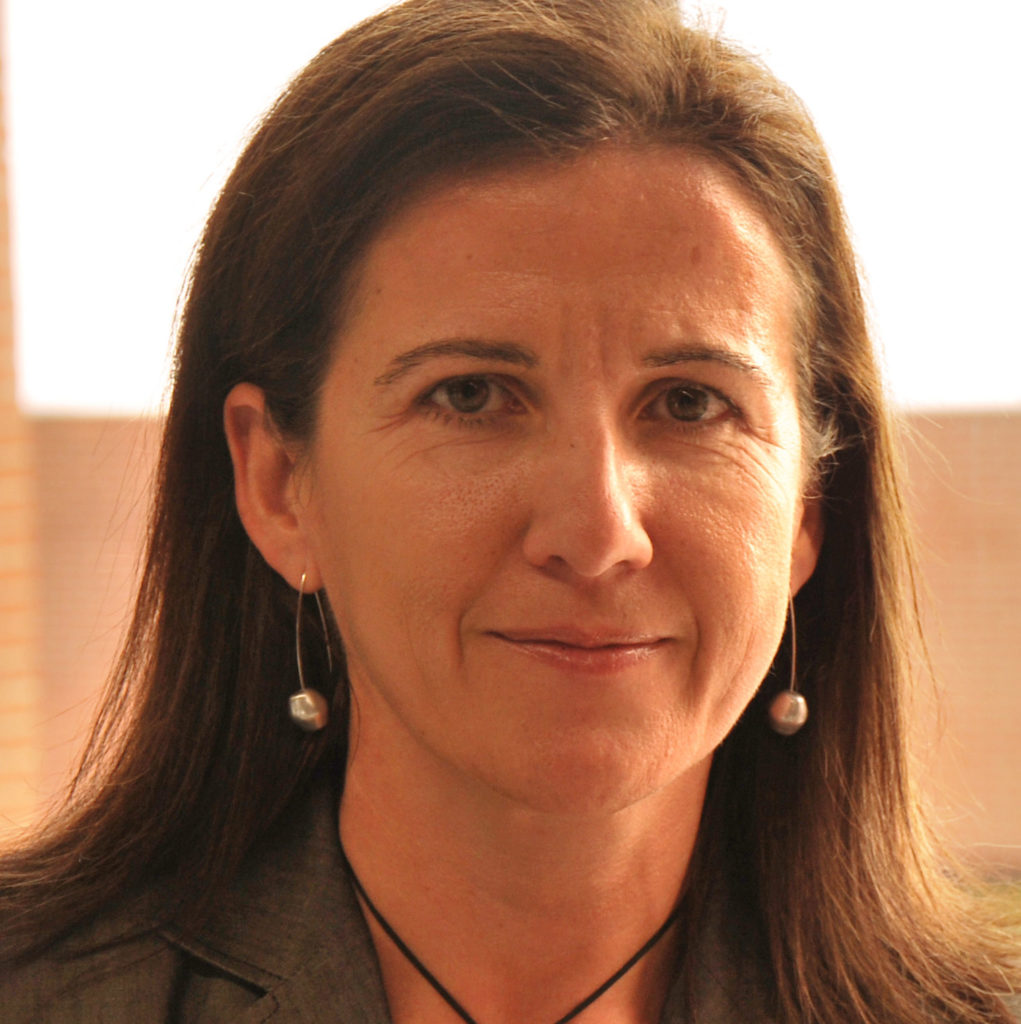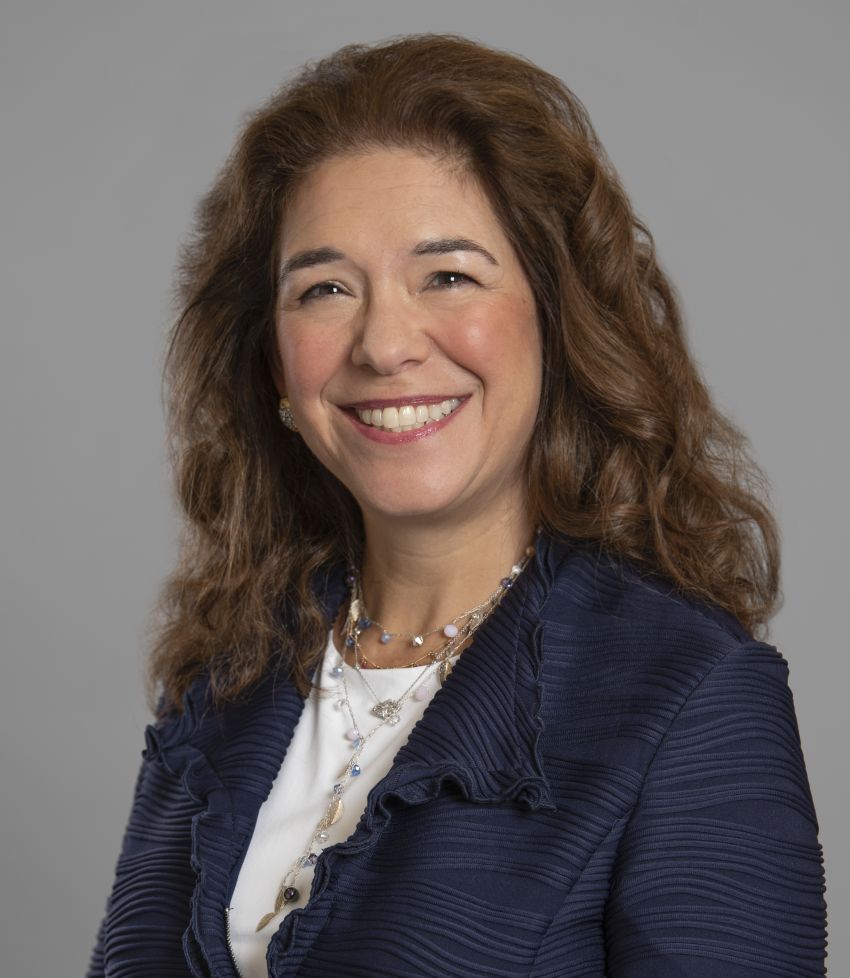Freedom of Religious Expression, Hate Speech, and Discrimination Based on Sexual Orientation and Gender Identity

Montserrat Gas-Aixendri is a full professor of law and religion at Universitat Internacional de Catalunya (Barcelona, Spain).
The 2023 Report of the Independent Expert on protection against violence and discrimination based on sexual orientation and gender identity [1] examines the intersection between freedom of thought, conscience, and religion or belief and protection from violence and discrimination based on sexual orientation and gender identity. The mandate recognizes the importance of respecting religious value systems and demonstrates a commendable commitment to safeguarding religious freedom for everyone, including individuals with diverse sexual orientations and gender identities.
As W. Cole Durham, Jr., points out, the conflicts arising from competing claims of freedom of religion or belief (FoRB) and sexual orientation and gender identity (SOGI) have been key issues in the ongoing “culture wars” for quite some time. Dealing with this clash in a thematic report for the United Nations requires careful judgment and equilibrium.

